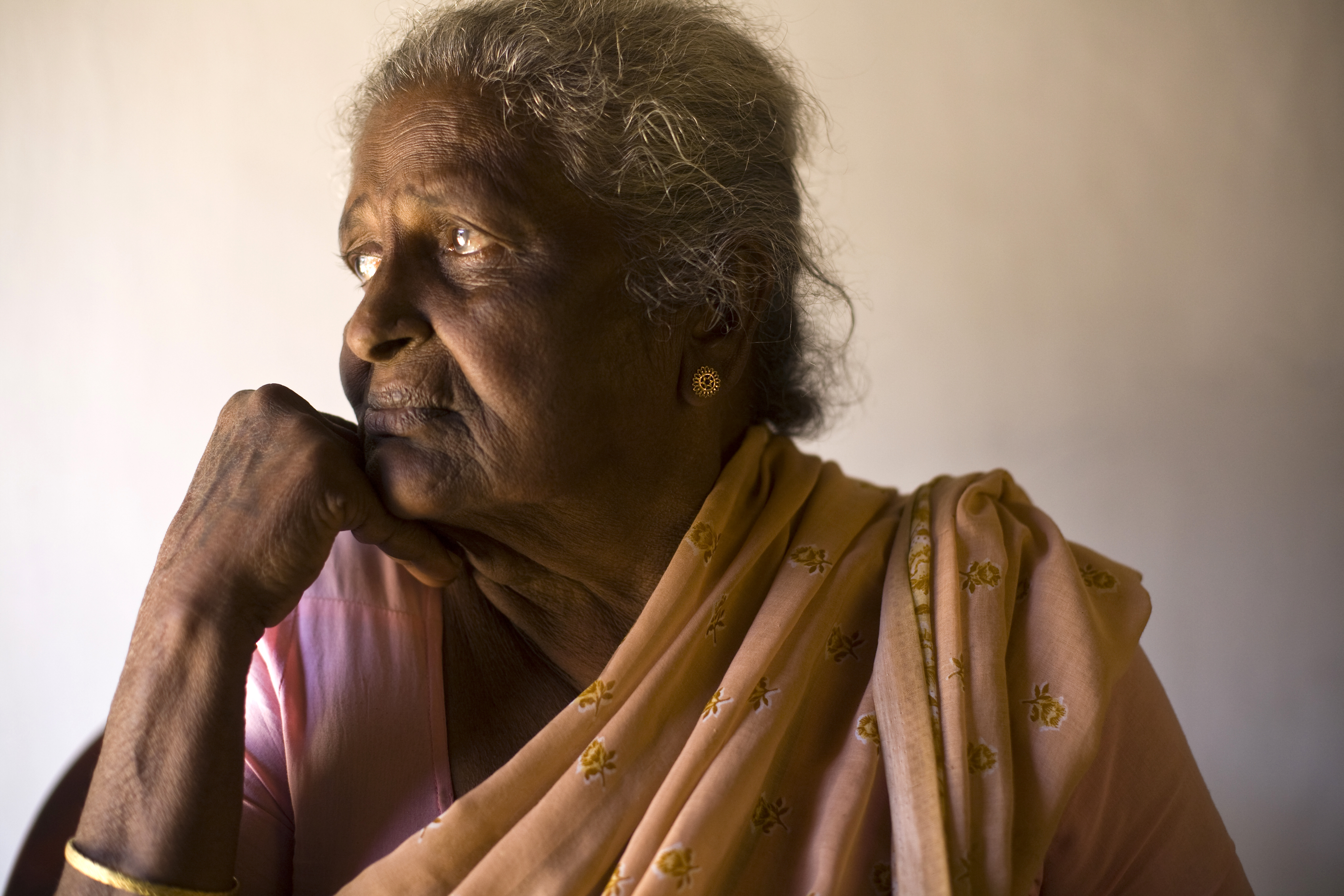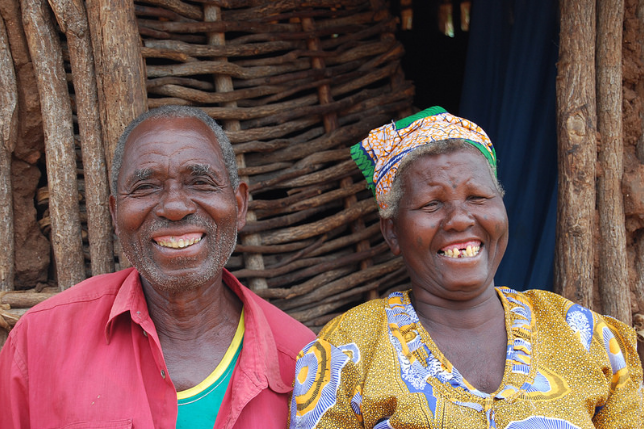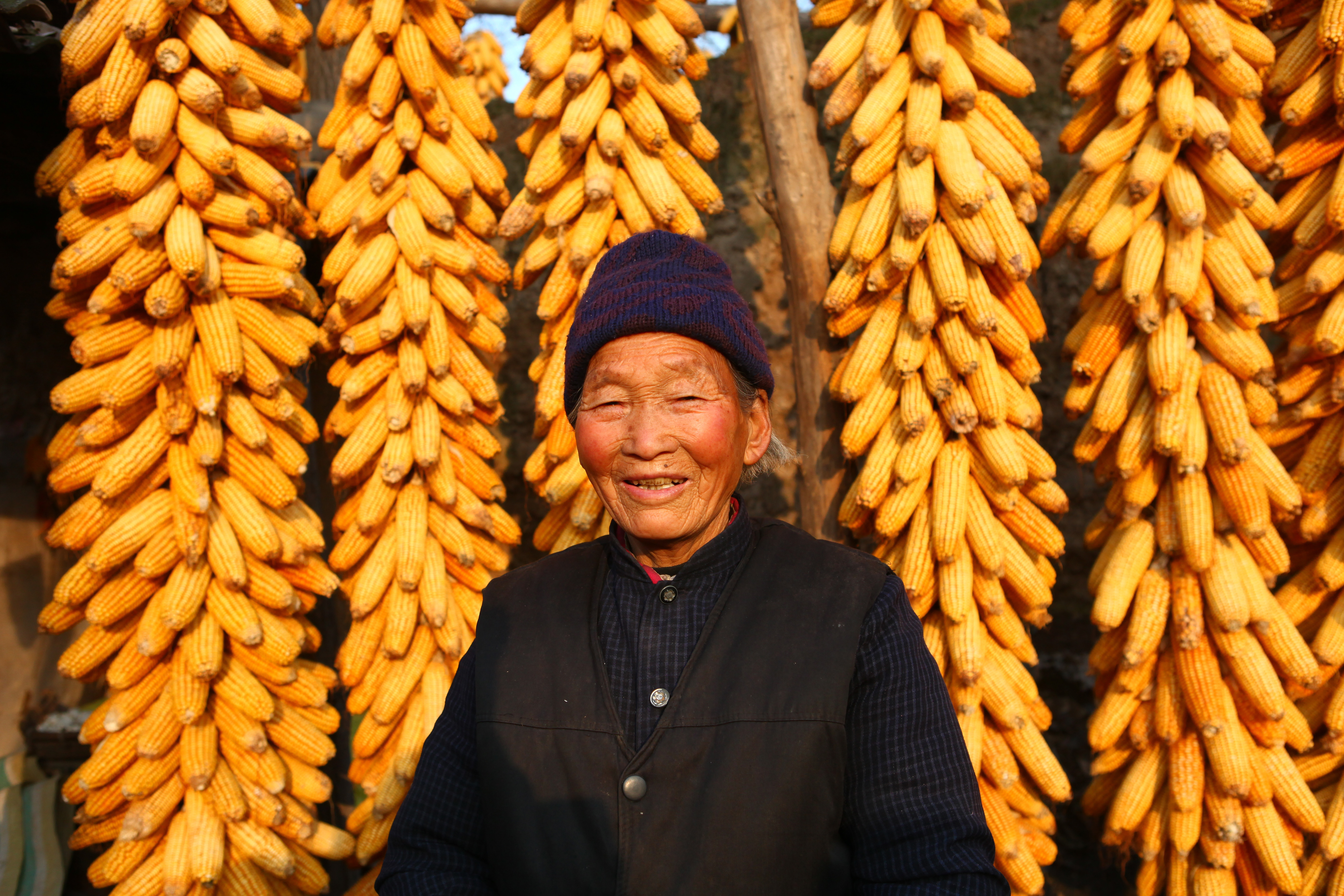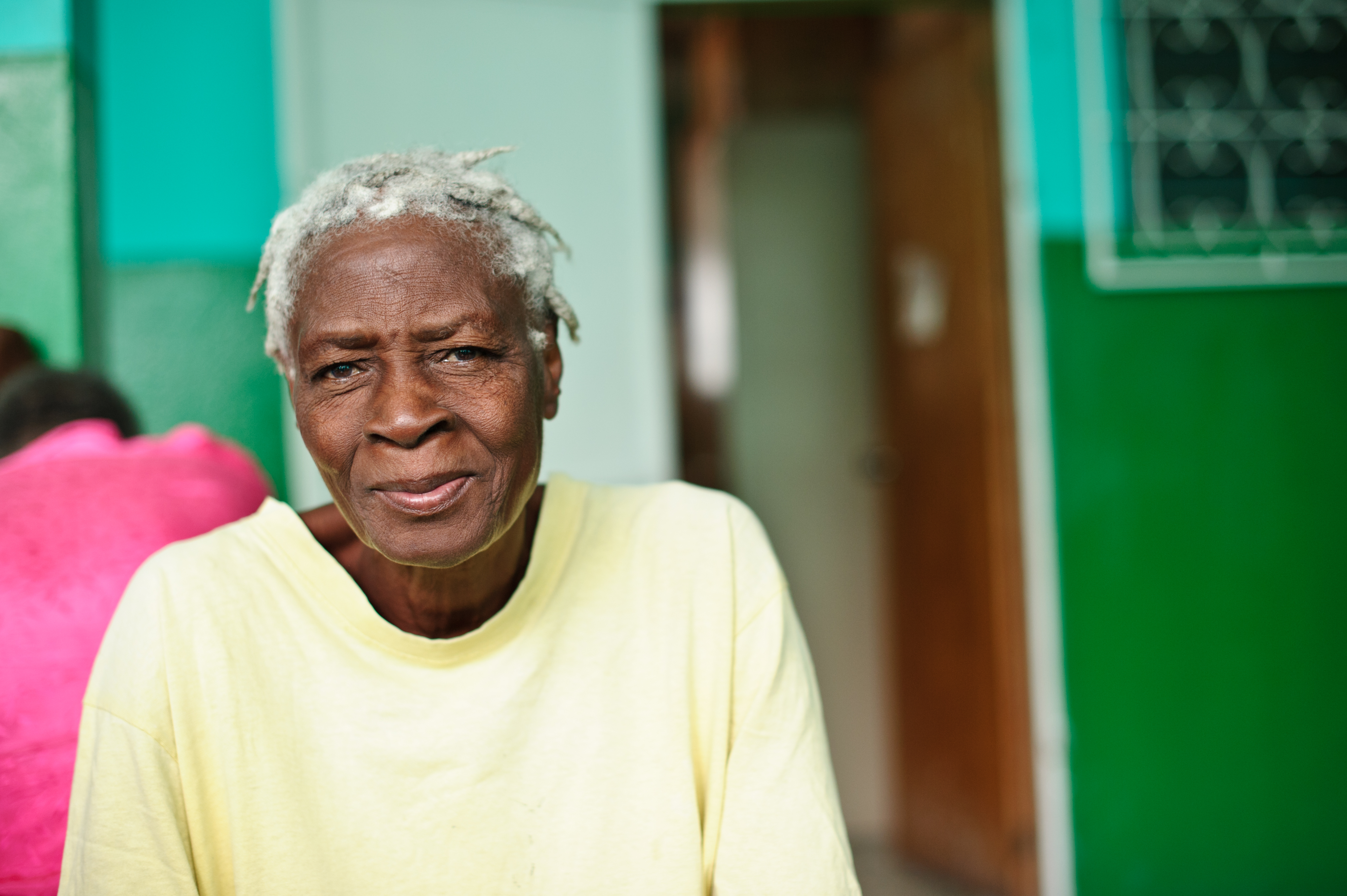Charities, government departments and other organisations gathered at the Royal Society to discuss how data can help improve the lives of ageing populations, against the backdrop of HelpAge International’s “ground-breaking” new Global AgeWatch Index.
The event, The Data Revolution in an Ageing World: Challenges for the post-2015 agenda, was chaired by Professor Sarah Harper, Director of the Oxford Institute of Population Ageing. Harper said that the Global AgeWatch Index – which includes data on older people in 91 countries based on a wide range of indicators – has the potential to “transform research and policy”.
Leaving no-one behind
Opening the conference, Age International Director Chris Roles emphasised the importance of the transformative agenda that is taking shape in the post-2015 debate including ‘leaving no one behind’ and the need for a data revolution to make this possible.
Thoughts on how to realise a ‘data revolution’ were provided by a panel of three expert speakers, Sir Richard Jolly of the Institute for Development Studies, HelpAge International interim chief executive Silvia Stefanoni, and Department for International Development chief statistician Neil Jackson. The discussion was then opened to the floor, to debate the usefulness of having access to data on older people and other marginalised groups, and how it could be used to shape the United Nations’ post-2015 agenda.
Collecting better data
Sir Richard Jolly said that the data included in the ‘ground-breaking report’ could be used as a ‘scorecard for activists and a checklist for politicians’. Silvia Stefanoni said that the Global AgeWatch Index is a call to the UN to start collecting better data, as the gaps in the index are due to a lack of available research on many countries.
She said the index should be used and developed in order to:
- inform debate, based on facts
- ask ourselves questions about the importance of disaggregated data
- look at benchmarking countries, recognising where things are better for older people and why
According to Neil Jackson, we need to learn from the strengths and weaknesses of the Millennium Development Goals when creating the post-2015 agenda. He said that ‘experts and the wider community’ should both be involved in deciding which aspects are suitable to use as indicators to measure quality of life.
How to better use that data
Topics raised by participants included the challenges of collating all the different types of data, such as market and private research, censuses and household surveys; how to ensure the post-2015 health goals reflect the issues around NCDs and ageing; how to guard against data being too politicised; whether to gather more information about the social aspects of life; and ensuring any conclusions drawn are driven by the right data, and not just that with which we are comfortable.
Rounding off the discussion, Neil Jackson said: It’s not just about getting more and better data, but also how to better use that data.’
The Global AgeWatch Index, created by our overseas implementing partner HelpAge International, comprises data about aspects of income security, health, employment and education, and enabling environment (including social connections), and uses it to measure and compare quality of life in the different global regions.




